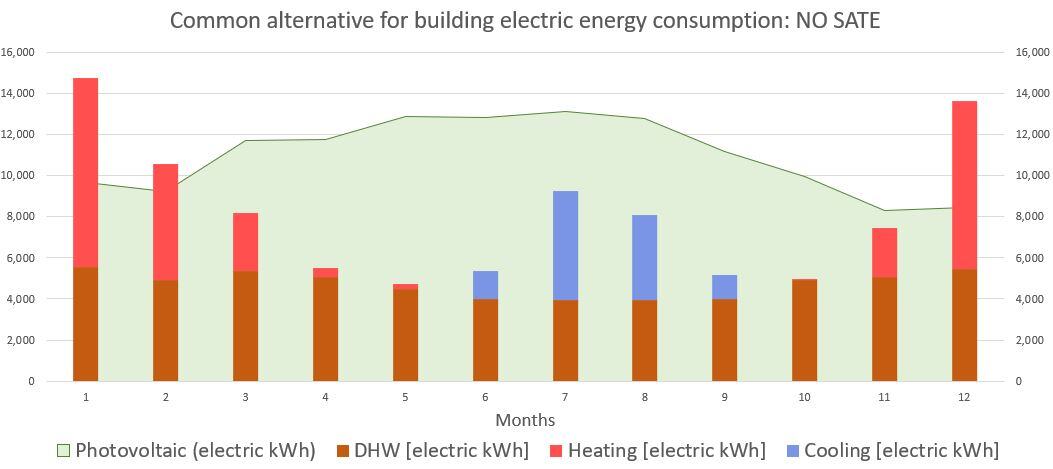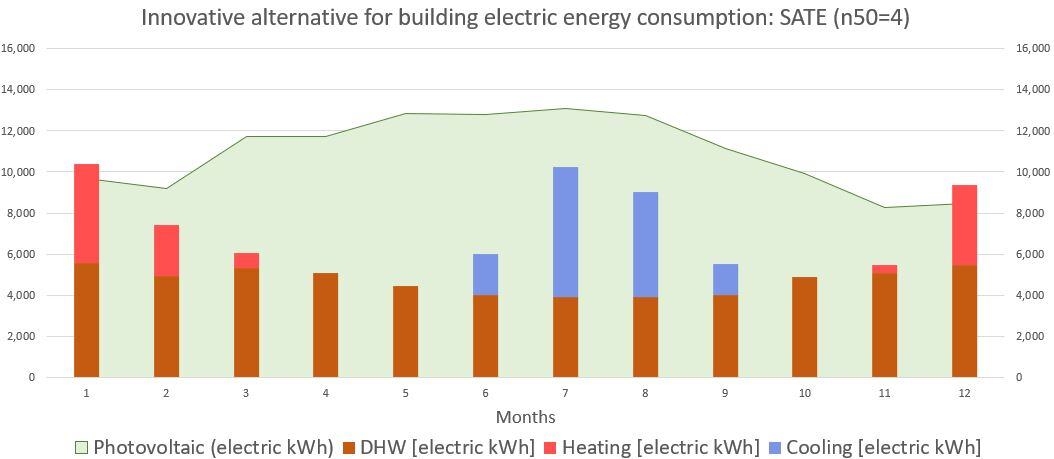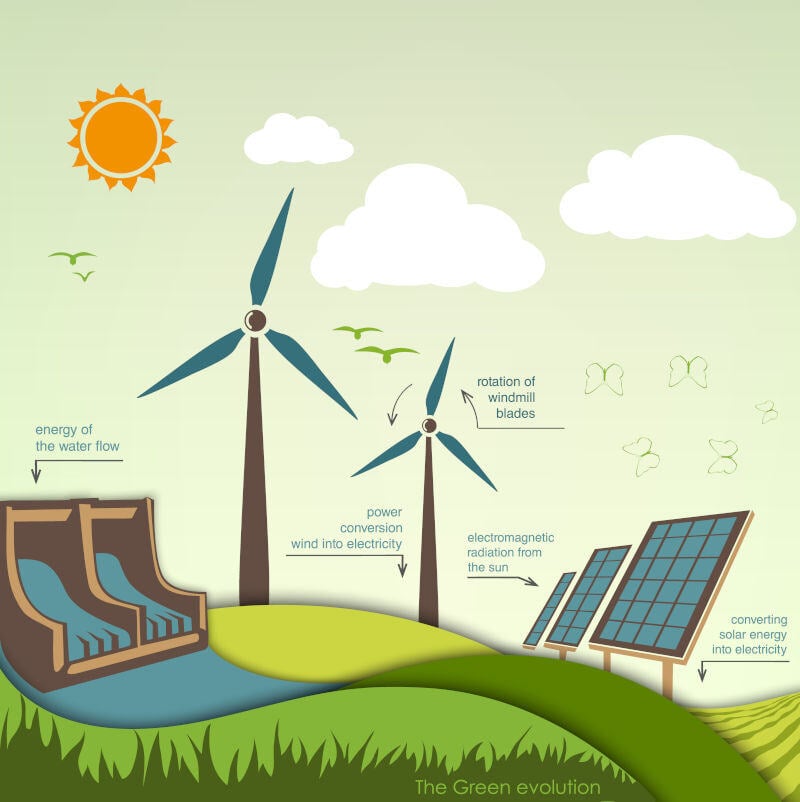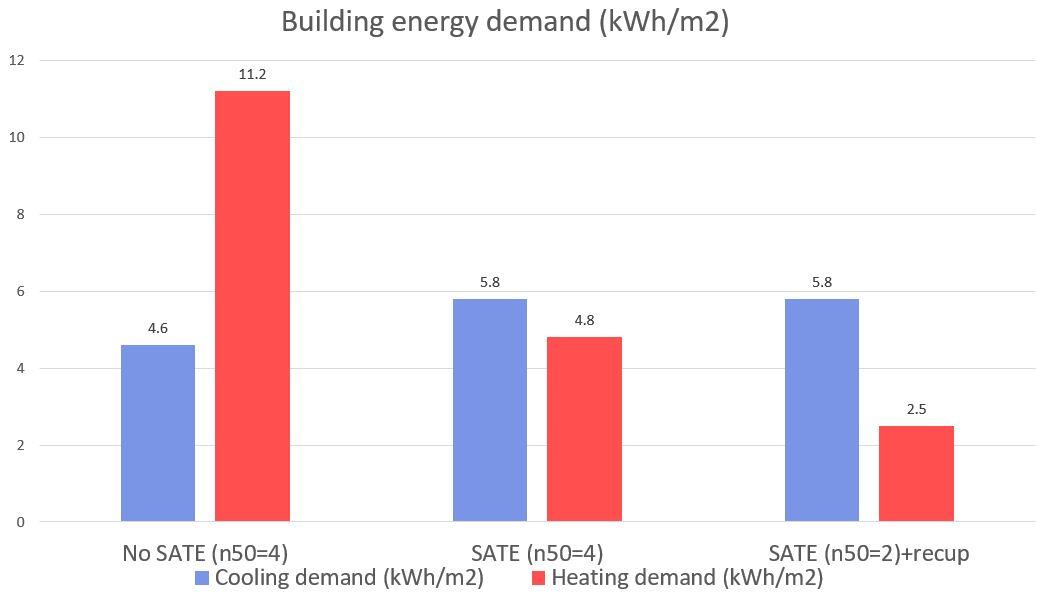We are here to help you
In Zero Consulting we have a broad experience in engineering nZEB buildings. We invite you to take a look at our project section.
We are happy to help you if you need further information.
Low carbon technologies are those that use renewable energy, increase the energy efficiency of the building energy use by natural resources and issue low carbon emissions (CO2).
nZEB buildings (or nearly Zero-Energy Buildings) is the term used to refer buildings that combine passive and active building systems aligned with the natural environment with the aim to reach energy balance.
Passive systems are those strategies focus on the reduction of the building energy demand by analysing the building’ geometry, optimizing its envelope, the use of the natural resources in place, the analysis of daylight, among others.
Once the reduction of the overall building energy demand is achieved, an analysis of the active systems is required. Active systems are those technologies which use renewable energy to cover and optimize the low building energy consumption (electricity, domestic hot water or heating and cooling) and ensure energy offset.



Currently around the 75% of the European housing stock is considered energy inefficient representing a significant wastage for our household energy consumption.
From our experience we understand each project is unique and has different energy demands. Acknowledging that there is a lack of energy efficiency strategy to confront this situation, we observe too that there is a tendency in installing the most known renewable energy technologies. Even if they are not the optimal ones.
When installing a low carbon technology, it is essential first to analyse the consumption needs of the building and understand its energy performance in order to choose the best energy system for the project.
Solar hot water, solar photovoltaics (PV), air source heat pumps (ASHP), ground source heat pumps (GSHP), wind turbines, combined heat and power (CHP), biomass, community heating... ¿Which one is the best to go for?
With our assessment we aim to evaluate and propose a suitable energy system based on the project features, its economic feasibility together with a rigorous data transparency.
We understand the importance of documenting and accredit our proposals in order to allow our client a better understanding of our assessment.

In Zero Consulting we have a broad experience in engineering nZEB buildings. We invite you to take a look at our project section.
We are happy to help you if you need further information.
BREEAM certification process and consultancy for a logistics warehouse
Residential hotel DGNB Gold certification process and consultancy
BREEAM and VERDE certification process and consultancy

The AI revolution raises questions about the role of architects and the impact on the industry. Are we facing a mere innovation or a complete disruption of the sector?

How energy efficiency enhances the profitability of real estate projects and helps meet regulations such as the EU Taxonomy and ESG criteria.

Understand how the Energy Savings Certificates (CAEs) system works in Spain to promote energy efficiency in buildings.

Learn how to improve energy efficiency in air conditioning for a comfortable and sustainable home with strategies to reduce energy consumption

Choosing energy-efficient glass and frames for our windows allows for energy savings and increased comfort for building occupants.

Studying a building from an energy point of view, based on the LEED Integrative Process, enables an understanding of the areas in which to intervene to reduce its consumption

Energy ratings provide us with key information about the energy efficiency of a building or home, depending on its consumption and savings.

Thermal inertia is the ability of a building to keep its temperature as constant as possible despite changes in the temperature of its surroundings.